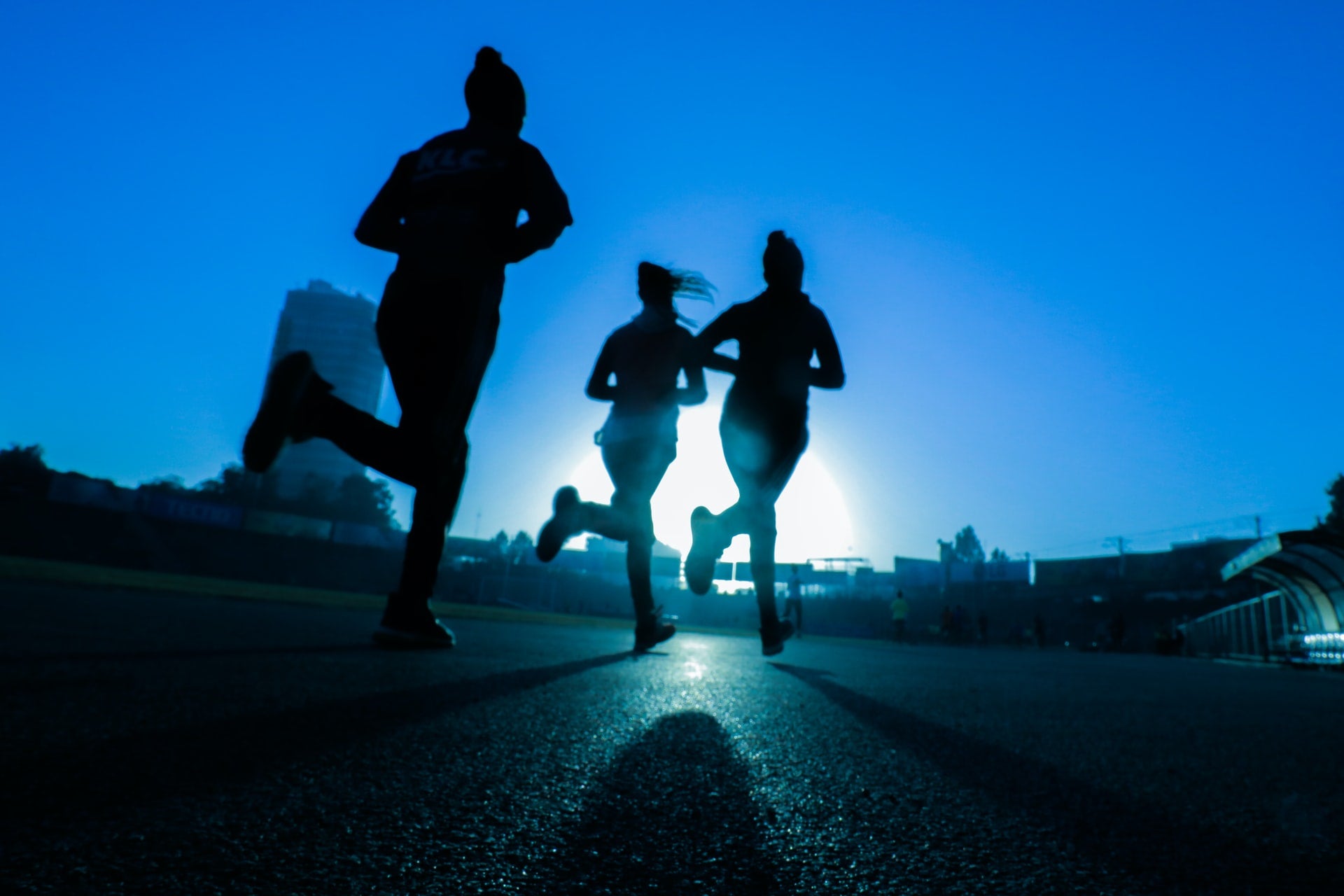Why Do the Clocks Turn Back?

Daylight Savings refers to the practice of advancing clocks an hour during warmer months so that darkness falls at a later time.
The other half of the year sits in standard time, where the clocks are turned an hour back. It is here, during the dreaded colder months, that darkness comes earlier.

Origins
The idea first came from none other than Benjamin Franklin in 1784, who proposed that waking hours should align with daylight hours to conserve candle wax. He was mostly being satirical, but over a hundred years later in 1895 New Zealand entomologist and astronomer George Hudson floated the idea seriously. He wanted more daylight hours in the spring to devote for his insect collection and examination. It didn’t catch on.
The first official implementation of daylight savings began on April 30, 1916, in the German empire and Austria-Hungary. Now, the United States, Canada, Europe, and select parts of Asia and South America use daylight savings. The majority of the world, however, doesn’t observe it at all. Near the equator the sunrise and sunset times don’t vary enough to justify changing the clocks, so these areas don’t observe it either.
What Happens?
In the winter, the switch back to standard time immediately introduces darkness an hour earlier. It can lead to symptoms of grogginess, tiredness, mood swings, and general malaise. Many in colder regions report seasonal depression brought on by the longer hours of darkness.
What Can You Do?
There are ways to combat this sudden change in daylight. First, even though its cold, do your best to make use of the sunlight that still exists. Bundle up and go for a walk, or sit outside with a warm beverage. Everyone needs sunlight to feel good-- Vitamin D is proven to be a mood and immune booster, so get it any way you can.
Also, exercise. You may feel tired earlier, but getting even a quick workout in can boost your mood and relieve stress you didn’t even know you had.
You can even get light therapy, which is the practice of receiving artificial light that mimics outdoor light. It still delivers some Vitamin D, and many report it being useful. In colder areas you can find light therapy centers or clinics. Alternatively, you can order a personal therapy lamp off the internet.
Remember that winter can be fun. Enjoy the holidays, whichever you may celebrate, and bundle up!




